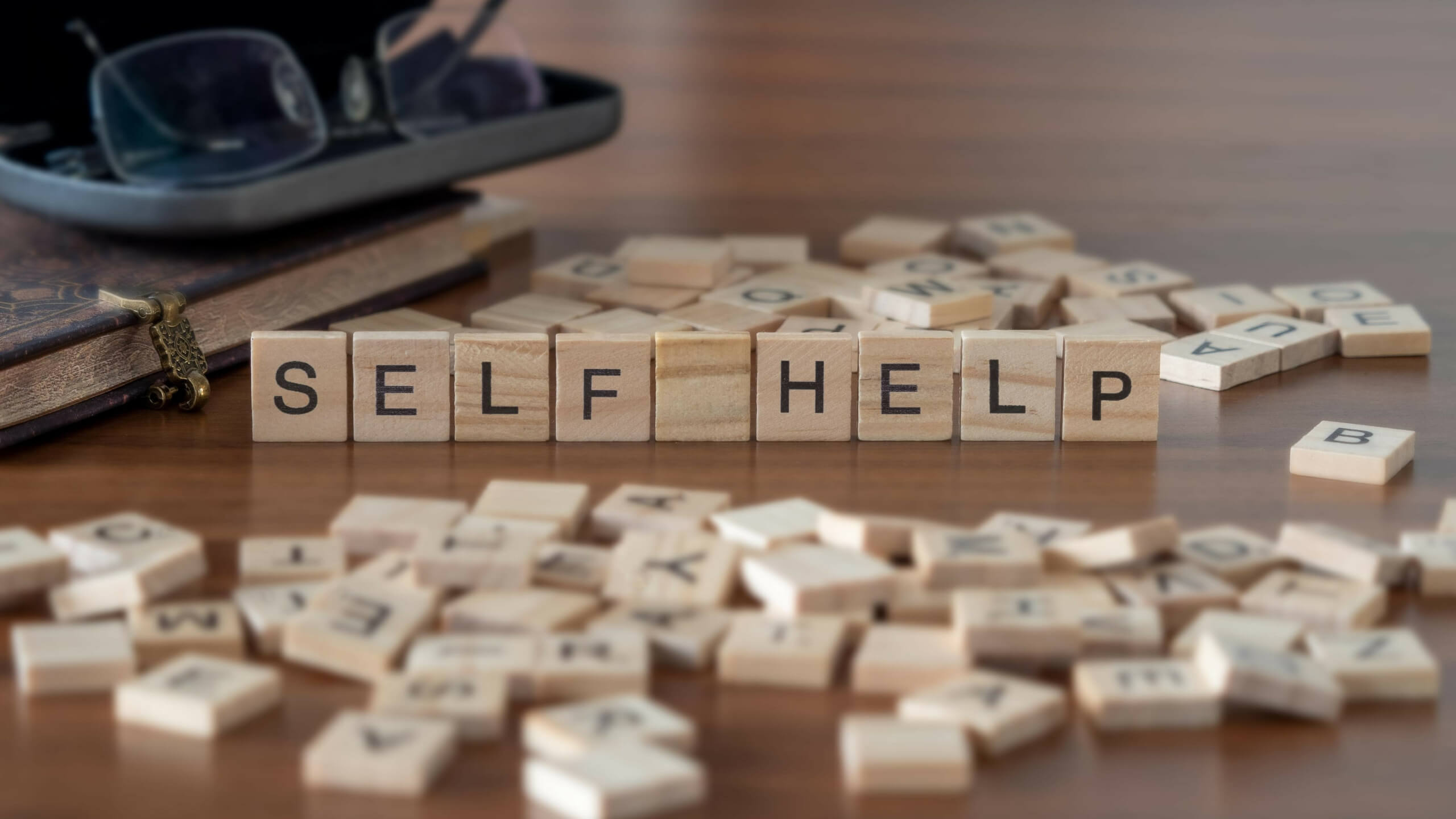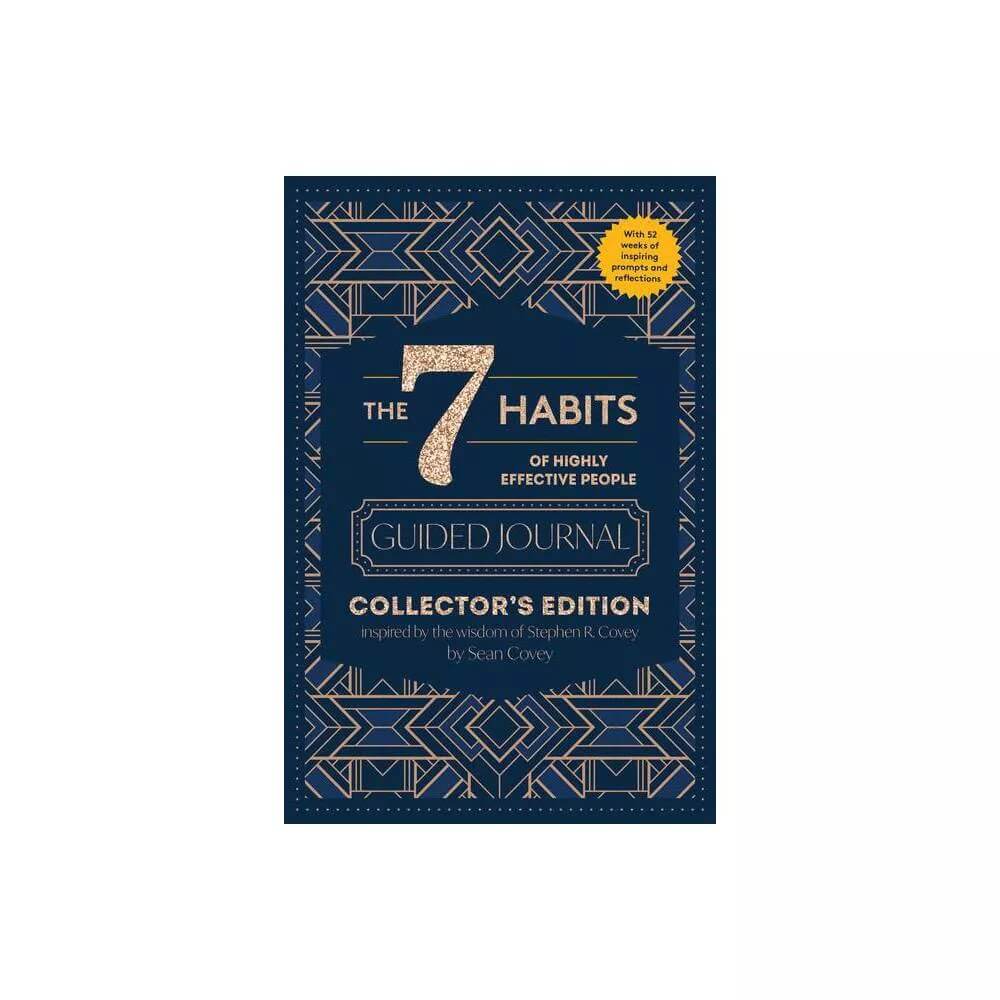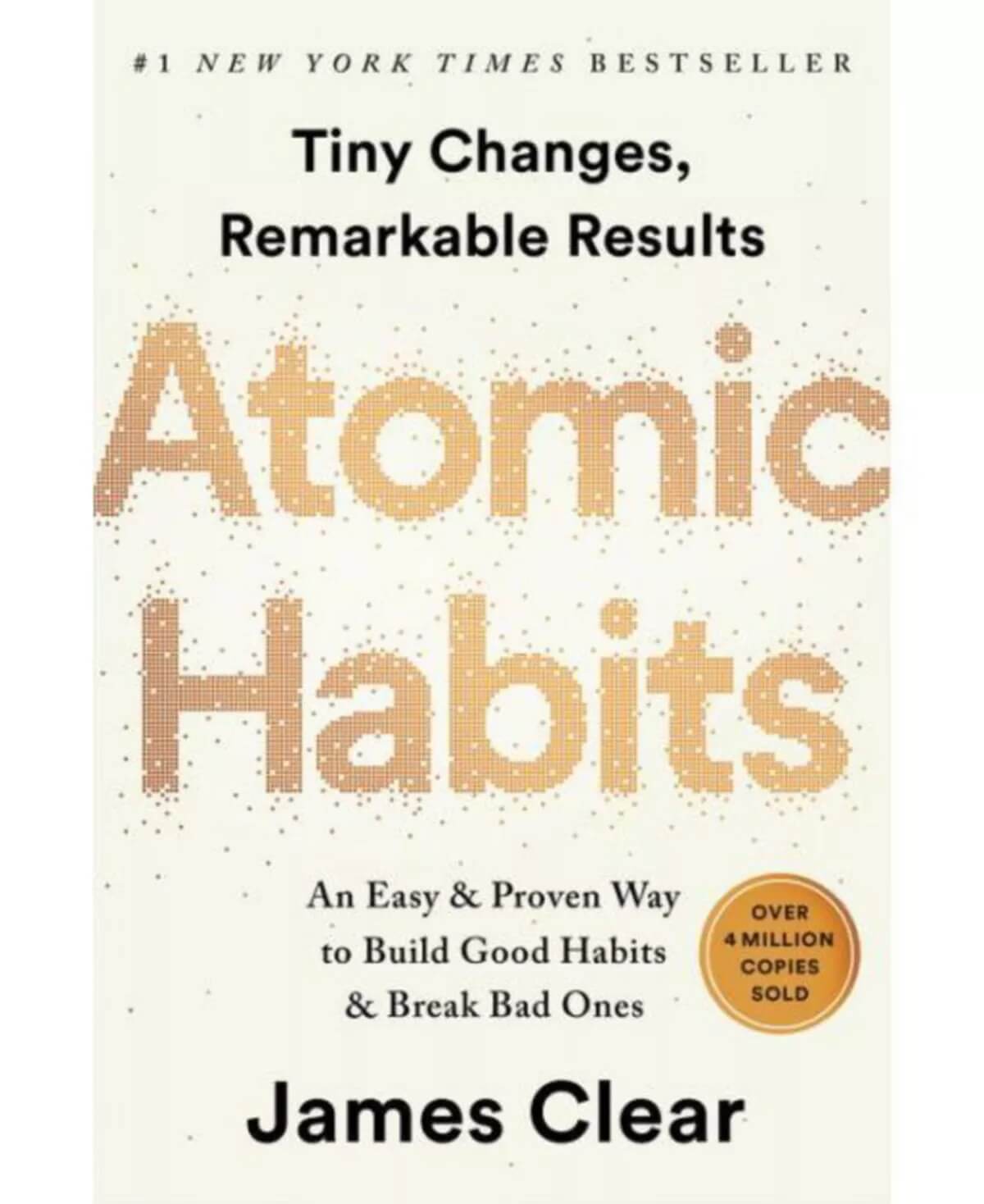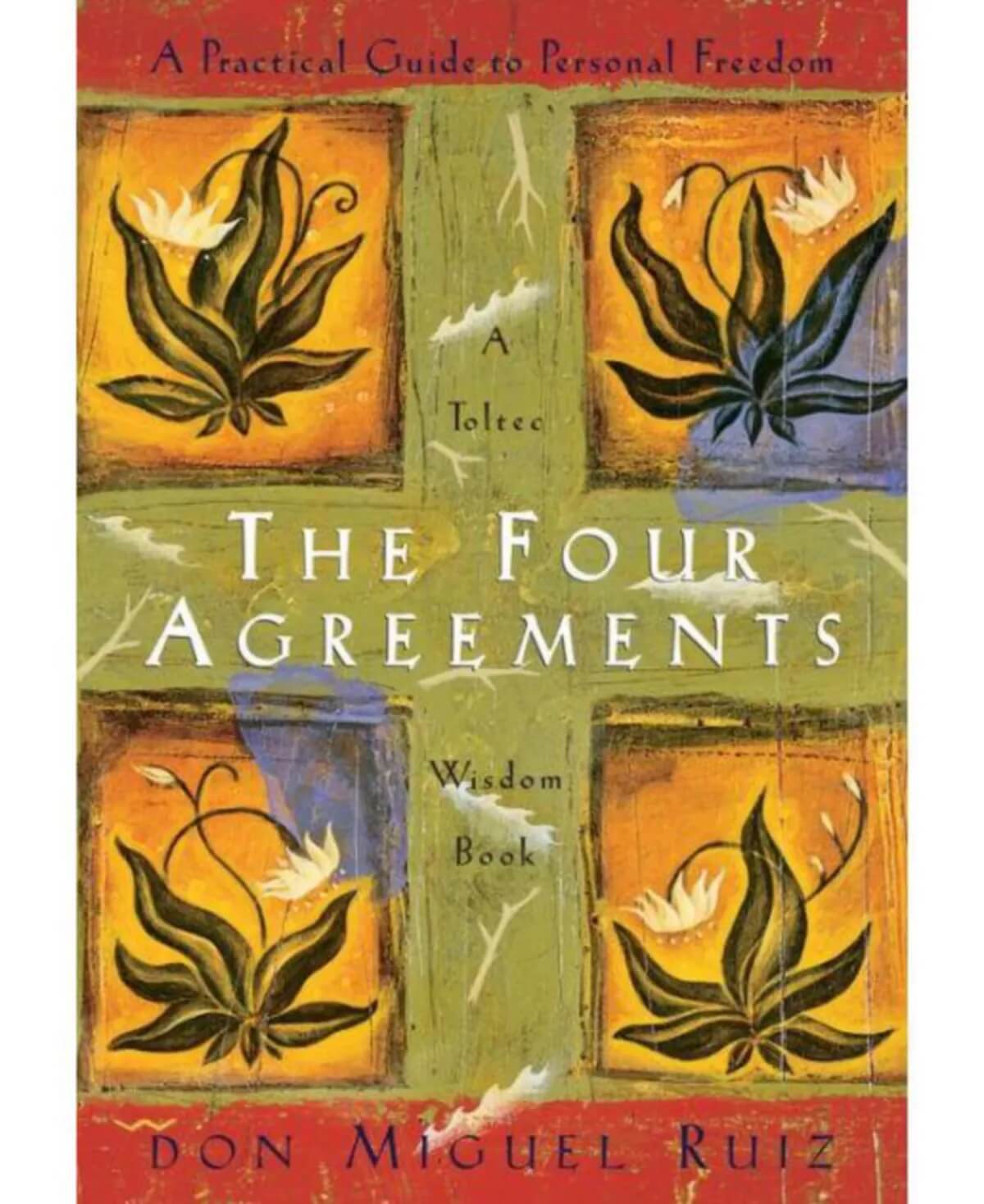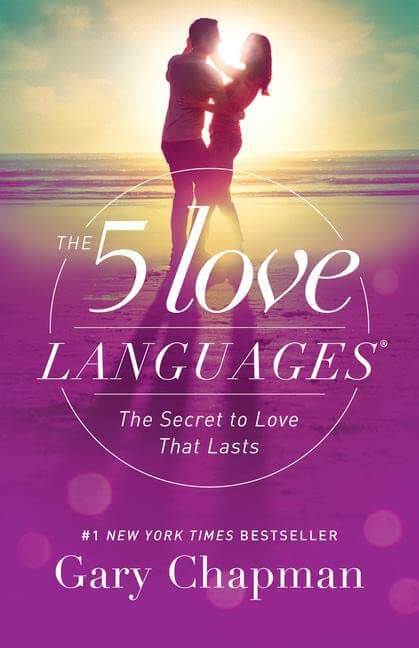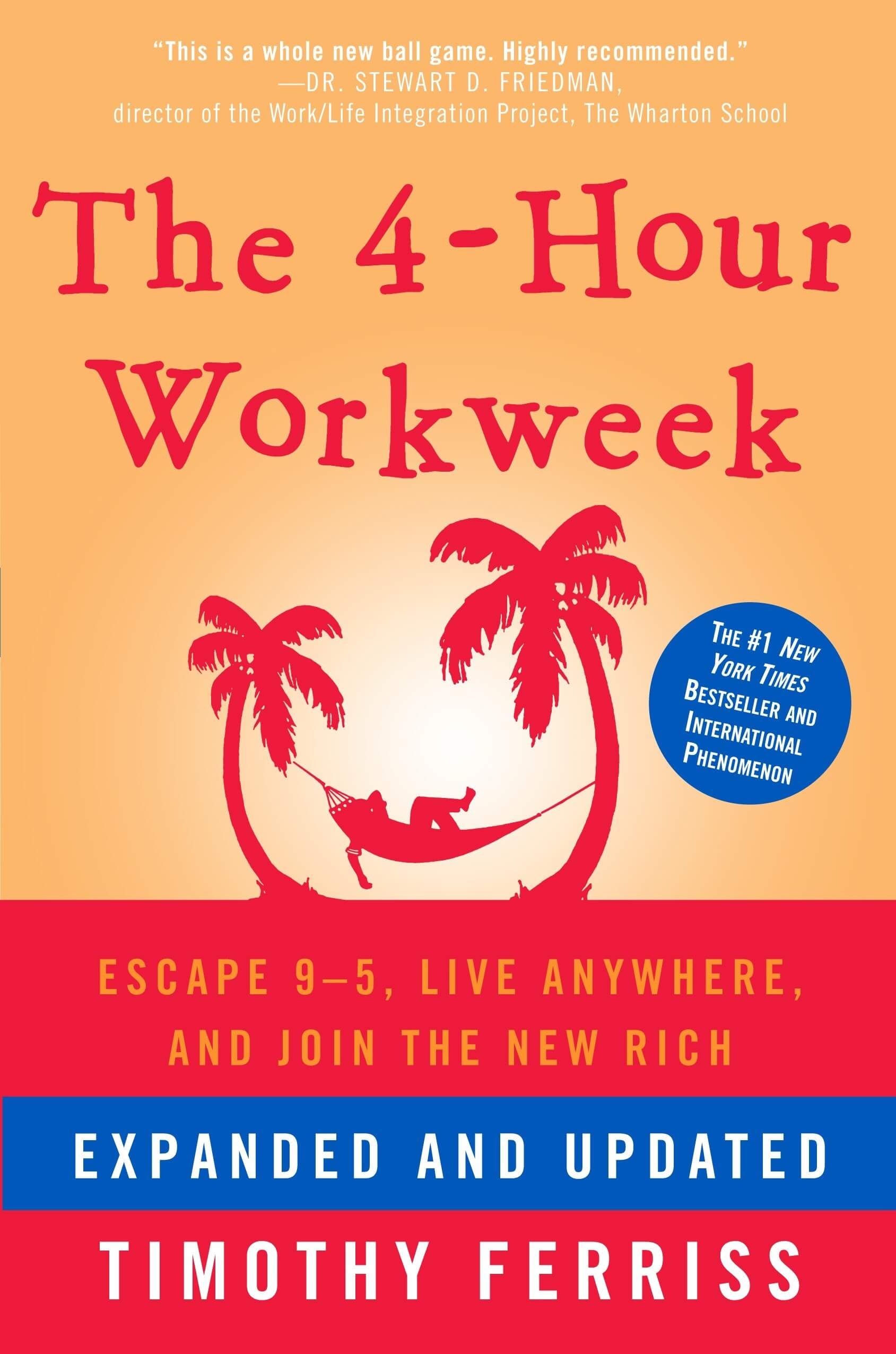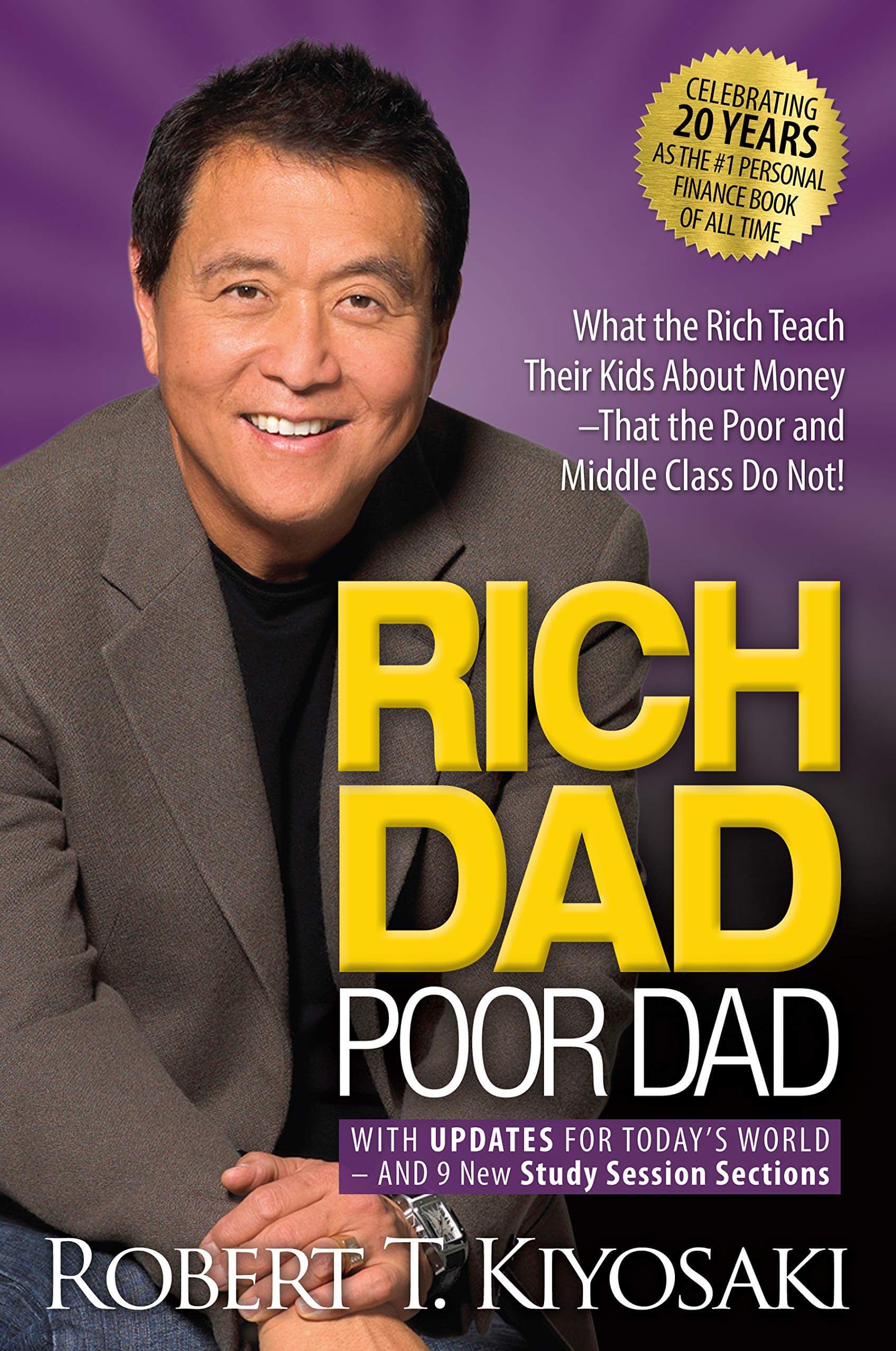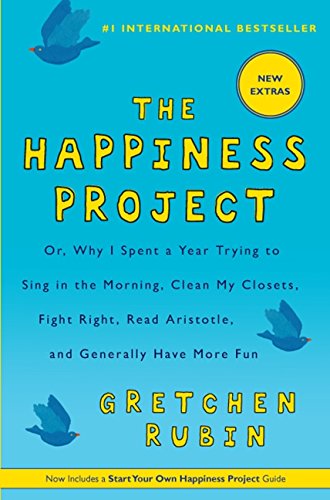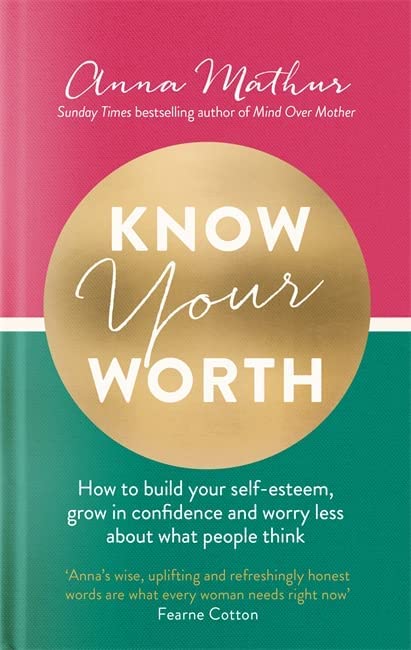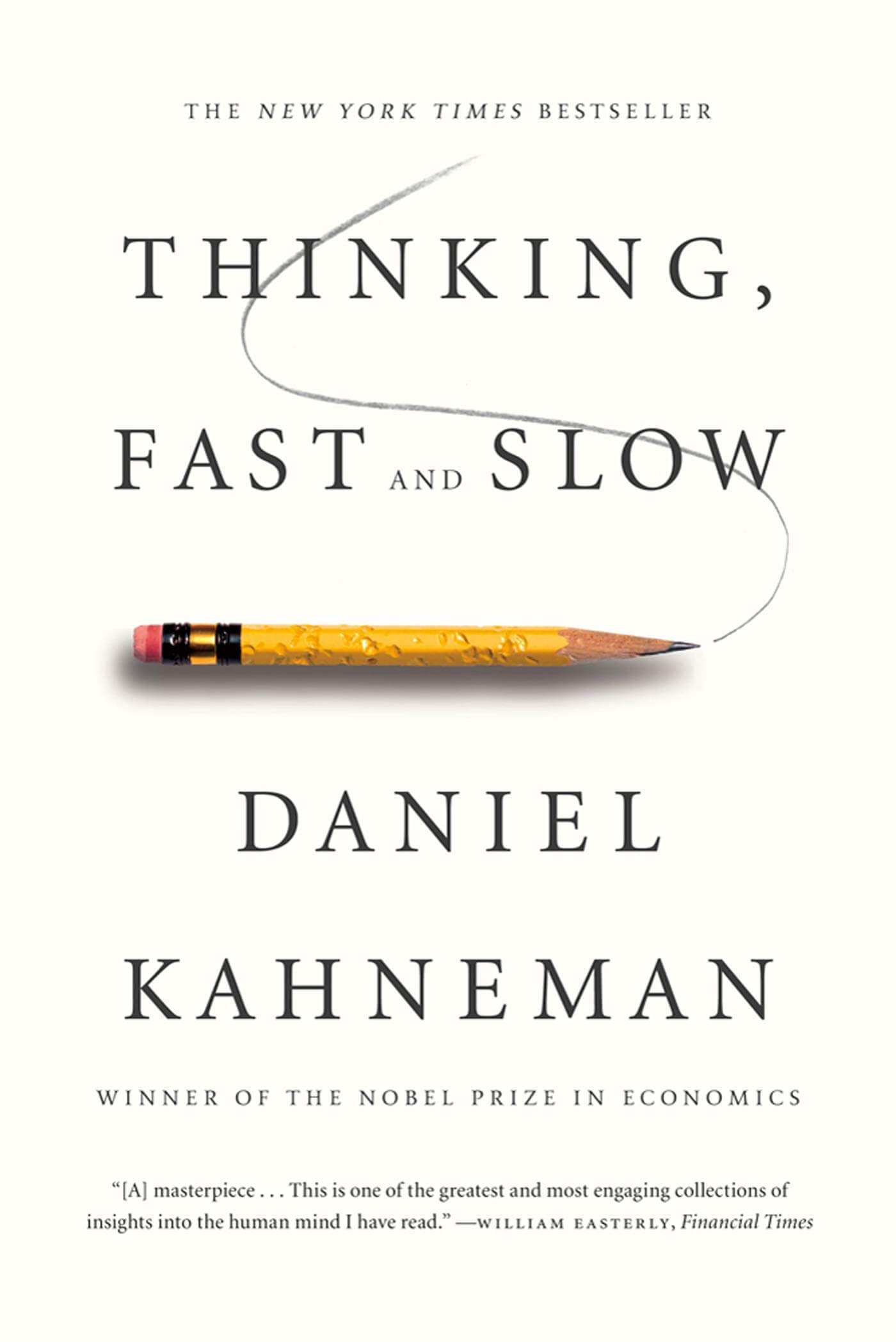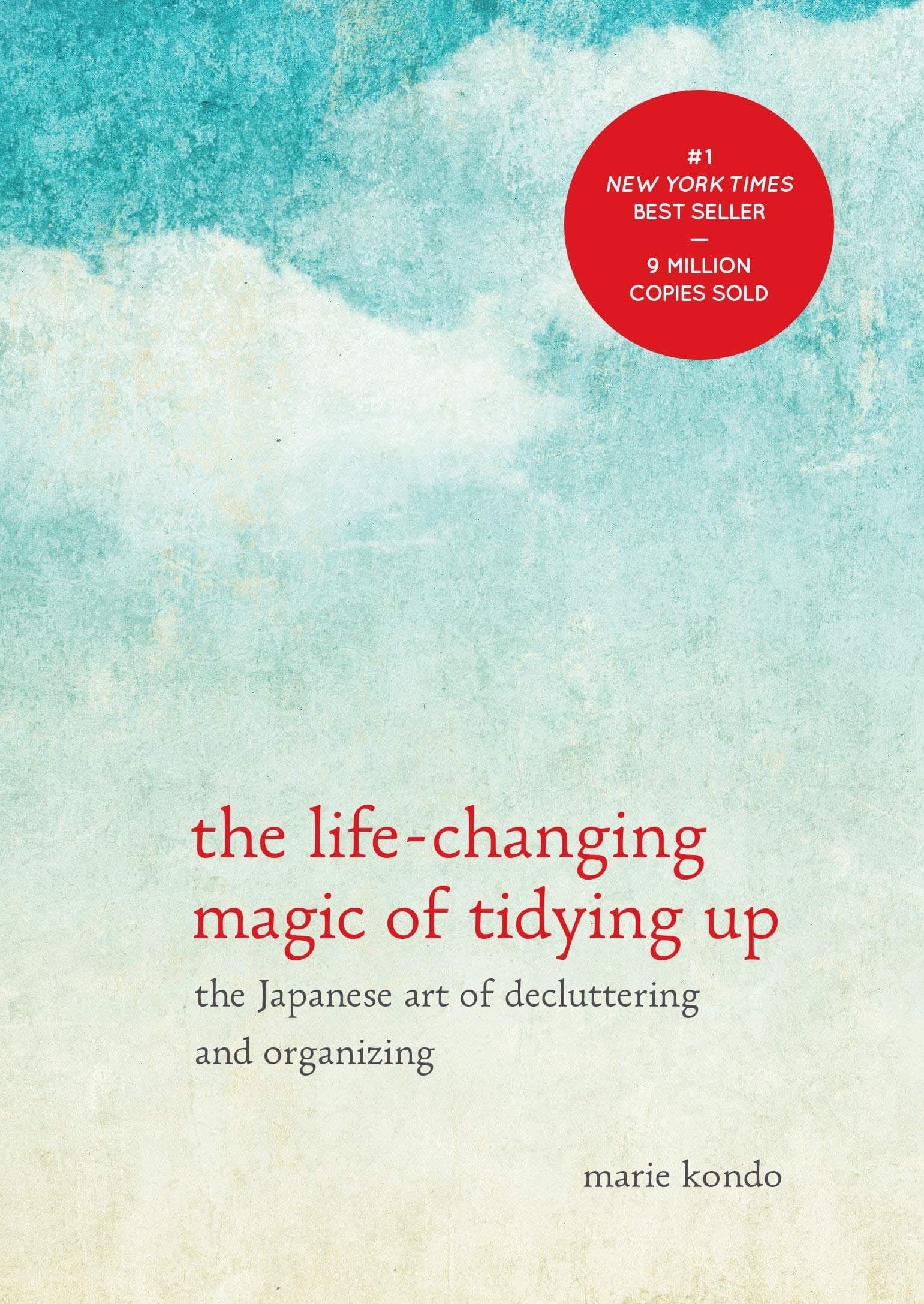Self-help books are a great catalyst for improving particular aspects of your life, whether your mental health, career, or relationships. Some may stereotypically view this genre’s authors as givers of cliché advice. However, many treasured books challenge readers’ mindsets, worldviews, and life habits.
When you know better, you do better. Reading these books can trigger many aha moments about yourself and the way you navigate the external forces surrounding you, causing you to reevaluate your life and discover blind spots hindering you from reaching your fullest potential.
Take a break from social media and bury your nose in these life-changing self-help books and memoirs. From personal to professional self-help reads, we’ve narrowed down our 2022 picks to make your selection process less complex.
Best self-help books overview
- Best overall: “The 7 Habits of Highly Effective People” by Stephen R. Covey
- Best for productivity: “Atomic Habits” by James Clear
- Best for mindset: “The Four Agreements” by Don Miguel Ruiz
- Best for relationships: “The 5 Love Languages” by Gary Chapman
- Best for career/business: “The 4-Hour Workweek: Escape 9-5, Live Anywhere, and Join the New Rich” by Timothy Ferriss
- Best for personal finance: “Rich Dad, Poor Dad” by Robert T. Kiyosaki
- Best for personal happiness: “The Happiness Project” by Gretchen Rubin
- Best for building confidence: “Know Your Worth: How to build your self-esteem, grow in confidence, and worry less about what people think” by Anna Mathur
- Best for psychology: “Thinking, Fast and Slow” by Daniel Kahneman
- Best for organization: “The Life-Changing Magic of Tidying Up” by Marie Kondo
How we chose the best self-help books
To compile this list, we researched manufacturer specifications, including critic ratings, reviews, and more to create a short list of the top self-help books. Then, we combed through detailed product descriptions, ratings, and reviews to find the best self-help books for each category.
Our picks for the best self-help books
Stephen R. Covey released “The 7 Habits of Highly Effective People” in 1989. To date, the bestselling book has sold over 40 million copies due to its lasting impact on others. Covey eloquently breaks down seven essential habits for creating a fulfilled, successful life. The habits range from win-win thinking to proactiveness.
Each chapter dives into the psychology of the seven habits so that readers understand their importance. As we all know, healthy habits take time to develop. That being said, you may feel that some of the advice given in this book is easier said than done.
Breaking bad habits and replacing them with good ones? Again, it’s easier said than done. “Atomic Habits” by James Clear gives you practical, science-backed advice on creating healthier habits that make life better and more productive.
Change takes time to adjust to, but this book will guide you on embracing change and adapting to it more quickly. Some may find the advice to be beginner-level, but it validates what many productivity gurus preach.
Don Miguel Ruiz penned “The Four Agreements” with ancient Toltec wisdom in mind. The book introduces you to four life principles that can improve your mindset and happiness when you apply them all: use impeccable words only, take nothing personally, don’t assume, and do your best. “The Four Agreements” challenges you to tap into your inner-spiritual world, which may cause discomfort for some readers. Fortunately, it doesn’t cost much to take this journey.
“The 5 Love Languages” offers sound advice that’s saved many relationships from lackluster love. Dr. Gary Chapman breaks down the top five ways people prefer to give and receive love: quality time, words of affirmation, acts of service, physical touch, and gift-giving. The author explains them so simply, though, that it might be a bore to some readers.
Nonetheless, the book goes on to suggest the importance of knowing your love language as well as your partner’s. You can spice up your love life by understanding what love means to both of you, which is the book’s overall message.
If you loathe the idea of working a 9-to-5 job for the rest of your life, “The 4-Hour Workweek” introduces readers to a nonconventional approach to work — which doesn’t involve sticking to the status quo. Tim Ferriss speaks from personal experience with this book, sharing mindset shifts, career tips, and entrepreneurial hacks that helped him “escape 9-5, live anywhere, and join the new rich” so readers can attempt to do the same.
This book’s material piggybacks off of lectures given by the author at Princeton University. While the book provides eye-opening advice for those looking to leave their jobs, these aren’t principles that you can see results from overnight. Some readers may feel that the advice given in this book is out of touch with reality, especially if you’re comfortable with the idea of working a 9-to-5 job until you’re ready to retire. However, it does introduce readers to a new way of living.
“Rich Dad, Poor Dad” is the ultimate personal finance read that focuses on how to maximize existing monetary resources. The author, Robert T. Kiyosaki, pulls from his experiences of growing up with two dads: his biological father and his “bonus father” who he shared with his best friend. Both dads played a role in shaping his money mindset — but from two different sides of the coin.
He shares his knowledge throughout the book, introducing readers to differing financial ideologies in hopes of improving their money mindset as well. The author’s varying perspectives may overwhelm readers, so we suggest dissecting the information at a slower pace.
Gretchen Rubin’s M.O. — to make the world a happier place — shines brightly in her self-help memoir, “The Happiness Project.” Rubin’s perspective on happiness comes from a place of self-growth, which was triggered by a time in her life when her priorities weren’t straight.
After taking the year off to pen this memoir, “The Happiness Project” made its brilliant debut. The book documents her 12-month journey as she navigates the inner makings of her newfound happy life, ultimately inspiring others to embark on a similar journey to find their happiness. You have to be careful with memoirs that spew advice from one’s single perspective, though, as not everyone may achieve the author’s results by doing exactly as she did.
This confidence-boosting book serves as a reminder of the importance of knowing your value. Anna Mathur is a psychotherapist and Sunday Times bestselling author legitimizing her clinical insights on the art of improving your self-esteem and sense of self-worth.
Overall, “Know Your Worth” provides helpful tips for building your confidence and not caring about what others think of you. Whether you’ll find this book helpful depends on where you are in your self-esteem journey. However, there isn’t much bad to say about this book, as it’s balanced and well-written.
“Thinking, Fast and Slow” unpacks the human mind layer by layer. It breaks down psychological principles that explain the reasoning behind our thought processes and how they typically fall into two systemic categories: intuitive and deliberate.
The author suggests that it’s good to have an awareness of these two systems and how they function both individually and collectively. Doing so makes us more aware of why we think and make choices the way that we do.
The technical tone of “Thinking, Fast and Slow” may cause it to read like a textbook, which may not be as riveting for some. If technical reads are more your style, though, then this is the read to dig into.
“The Life-Changing Magic of Tidying Up” inspired many of us to get serious about organizing. Marie Kondō, a professional organizer, is the brainchild behind the book-turned-Netflix series and now-famous KonMari Method.
The book’s contents focus on Kondō’s cleaning approach, introducing readers to an innovative way of staying tidy. Unless you have a dedicated cleaning routine, this book can teach you some new tricks to make cleaning fun and a breeze.
The No. 1 read of them all
If you’re tired of buying books that collect dust on your bookshelf, we hope this guide introduces you to some interesting reads. Our top pick is “The 7 Habits of Highly Effective People.” The bestseller can open your mind to new habits for a successful, fulfilled life. That’s what makes it an excellent starting point in the self-help genre. The additional books on this list can be just as impactful and insightful.
FAQs
What’s the No. 1 bestselling self-help book?
“The 7 Habits of Highly Effective People” thoroughly sums up the keys to a successful, fulfilled life. It’s one of the bestselling self-help books with over 40 million copies sold.
Who’s the best self-help author?
All self-help authors are uniquely special. Thus, it’s hard for us to narrow down one author that beats the rest.
Do therapists recommend self-help books?
Yes. Not only that, but many therapists have penned self-help books for the masses, including Anna Mathur, the author of the aforementioned “Know Your Worth.”

